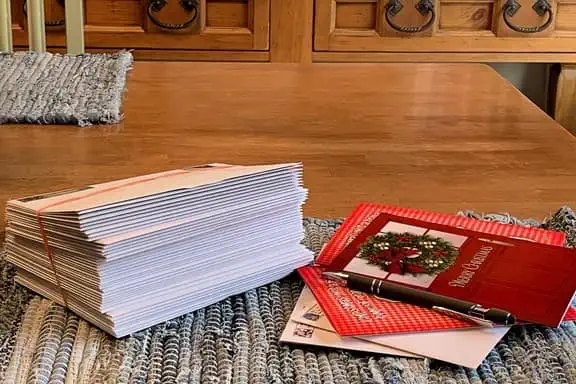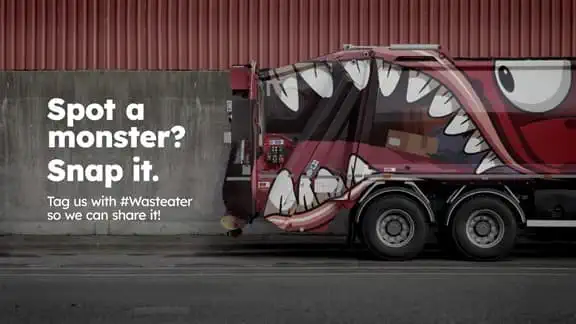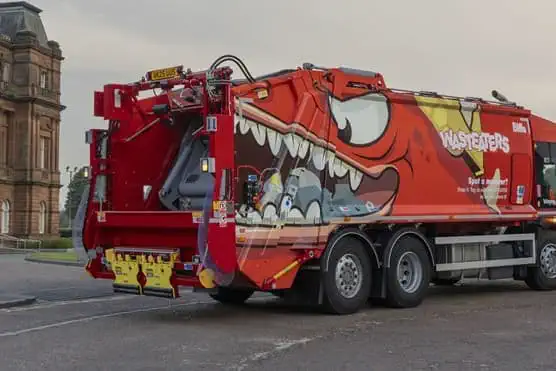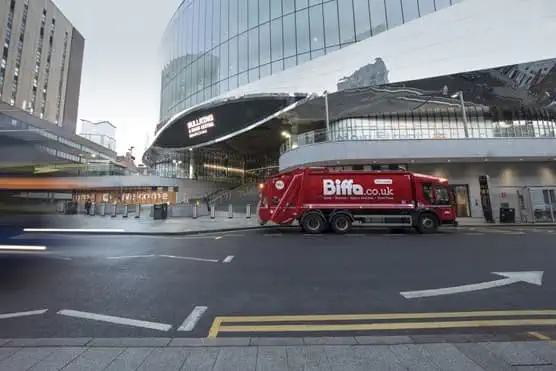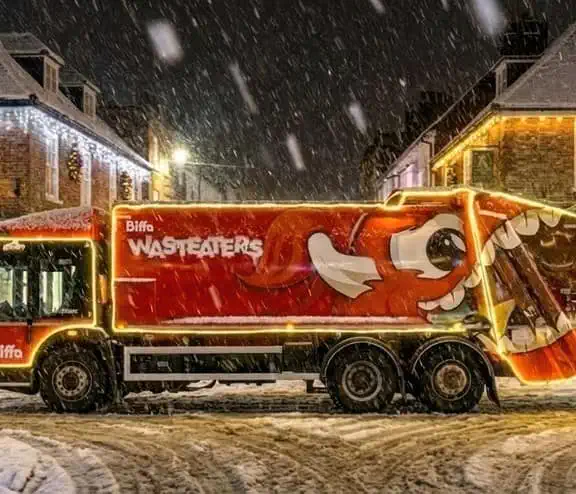
Biffa's Christmas Recycling Guide
Big red trucks, glowing winter streets and smiling faces coming out of houses. You'd be forgiven for thinking it's an iconic TV Christmas ad, but this year the festive blockbuster everyone is talking about is rolling in on six wheels. Get ready to jingle all the waste, with a Biffa Wasteater Christmas.
Biffa’s AI-generated festive film introduces the Wasteaters, a colourful crew of recycling heroes, featuring Willow, Whitney and Wes, three of our colourful Wasteater crew of 13 recycling heroes. The magic of Christmas does not sparkle quite as brightly without a clean, well-sorted recycling bin, or separate food waste collection. You might have already seen them on Biffa trucks up and down the country, turning wrapping paper, bottles, leftovers and packaging into future resources.
How much waste is produced at Christmas?
While they are busy all year round, we need the Wasteaters even more at Christmas. Every December, the UK produces more than 3 million tonnes of extra waste, around 30% more than usual. That includes:
Top tips for recycling this Christmas
If that is not enough, the Wasteater crew are stepping off the big screen and sliding into your social feeds with the 12 days of Wasteaters. This lively countdown is packed with helpful ways for households to waste less and recycle more through the most magical time of the year.
Follow Biffa social channels to see the Wasteaters share fun, easy reminders about what goes where and why it matters. Whether it is checking your wrapping paper, rinsing your jars, sorting your soft plastics or keeping batteries out of your bins, each character turns a tricky recycling moment into a quick win.
Here’s a cheat sheet of the tips – remember you can follow most of them all year round. Wasteating is not just for Christmas!!
Day 1 - Textiles
Donate wearable items, recycle damaged textiles, avoid putting fabrics in household bins.
Day 2 - General waste
Day 3 – Community
Encourage donation, volunteering and small acts that reduce waste.
Day 5 - Christmas trees
Recycle real trees through collection schemes or recycling centres.
Day 6 - Soft plastics
Recycle soft plastics at supermarkets, use reusables where possible, keep them out of kerbside recycling.
Day 7 - Dry mixed recycling
Use the scrunch test, avoid glittery/contaminated paper, rinse and sort materials.
Day 8 - Energy
Use LED lights, switch them off overnight, use rechargeable batteries.
Day 9 - Toiletries
Rinse bottles, remove lids/pumps, take tricky packaging to in-store schemes.
Day 10 - Cooking oil
Never pour fat down the sink, cool it, seal it, recycle it as oil waste.
Day 11 - Glass
Rinse bottles and jars, remove lids, recycle all clean glass.
Day 12 - Food waste
Put food scraps in the caddy, keep film/foil out, plan meals to reduce leftovers.
Did you know…
Advent calendars began in 19th century Germany as simple paper displays revealing winter scenes and later nativity images. After the Second World War, companies such as Cadburys added chocolates and turned the idea into a much-loved family tradition. Today the concept has grown into a booming market filled with everything from beauty minis to drinks, gadgets and novelty gifts. Retailers now create scented, musical or illuminated packaging that often uses mixed materials, tiny plastics and rigid card, most of which cannot be recycled and quickly becomes waste.
The good news is that the tradition does not have to be wasteful. Refillable calendars, edible designs, ethical treats, digital countdowns and community book bundles show that festive enjoyment can continue with far fewer materials and much lower environmental impact.
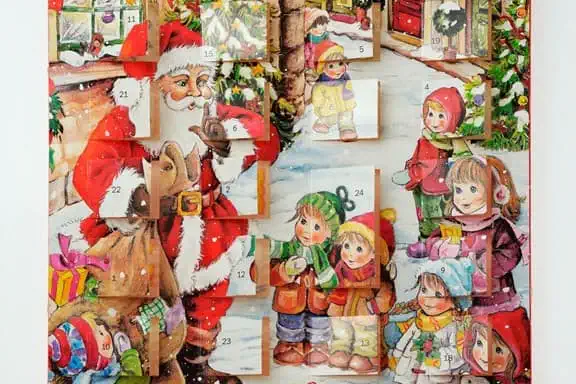
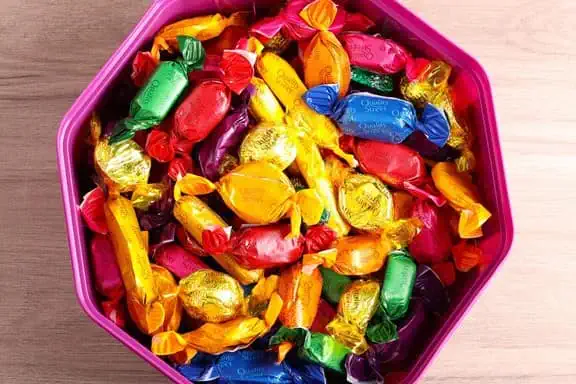
Paperisation is not the answer
Christmas often brings a surge in paper usage due to wrapping paper and increased overall consumption. Additionally, many brands have responded to anti-plastic sentiment by the “paperisation” of their packaging. While paper is widely recyclable, it is not always the most sustainable option.
Paper production is an energy- and chemical-intensive industrial process, often involving sulphur-based compounds and bleaching agents. Recycling paper generally reduces this impact, but it is still an industrial process requiring energy, water and transport - and over 50% of UK paper recycling is exported, 70% of which is exported to East/South East Asia, meaning materials often travel long distances before being reprocessed.
Paper, plastic, glass, aluminium and steel all have benefits and drawbacks when it comes to packaging, ranging from carbon impact to recyclability. The simple rule is that anything used once and then thrown away needs to be rethought, so choosing reusable, and if not possible, design packaging to be easily recyclable using a single material. This will make your Christmas celebrations much greener!
Christmas cards on the table
A typical Christmas card carries around 140 grams of CO2e, largely from paper production and postal transport, and millions still go unrecycled each year. Reducing the number we send and choosing cards made from recycled fibre can cut energy, water use and carbon. Small design choices matter too, as embellishments like glitter or bows create microplastics and prevent cards from being recycled.
Greener options are easy to find. Choose simple FSC-certified cards with low-impact inks, or try plantable cards that grow into flowers. Reuse or upcycle cards into keepsakes or crafts, or create a never ending card that is shared year after year with new messages added.
